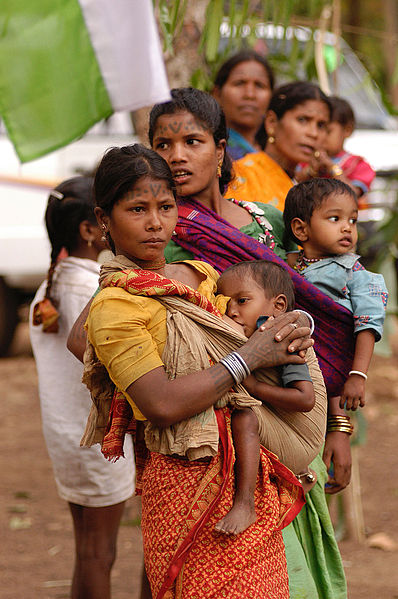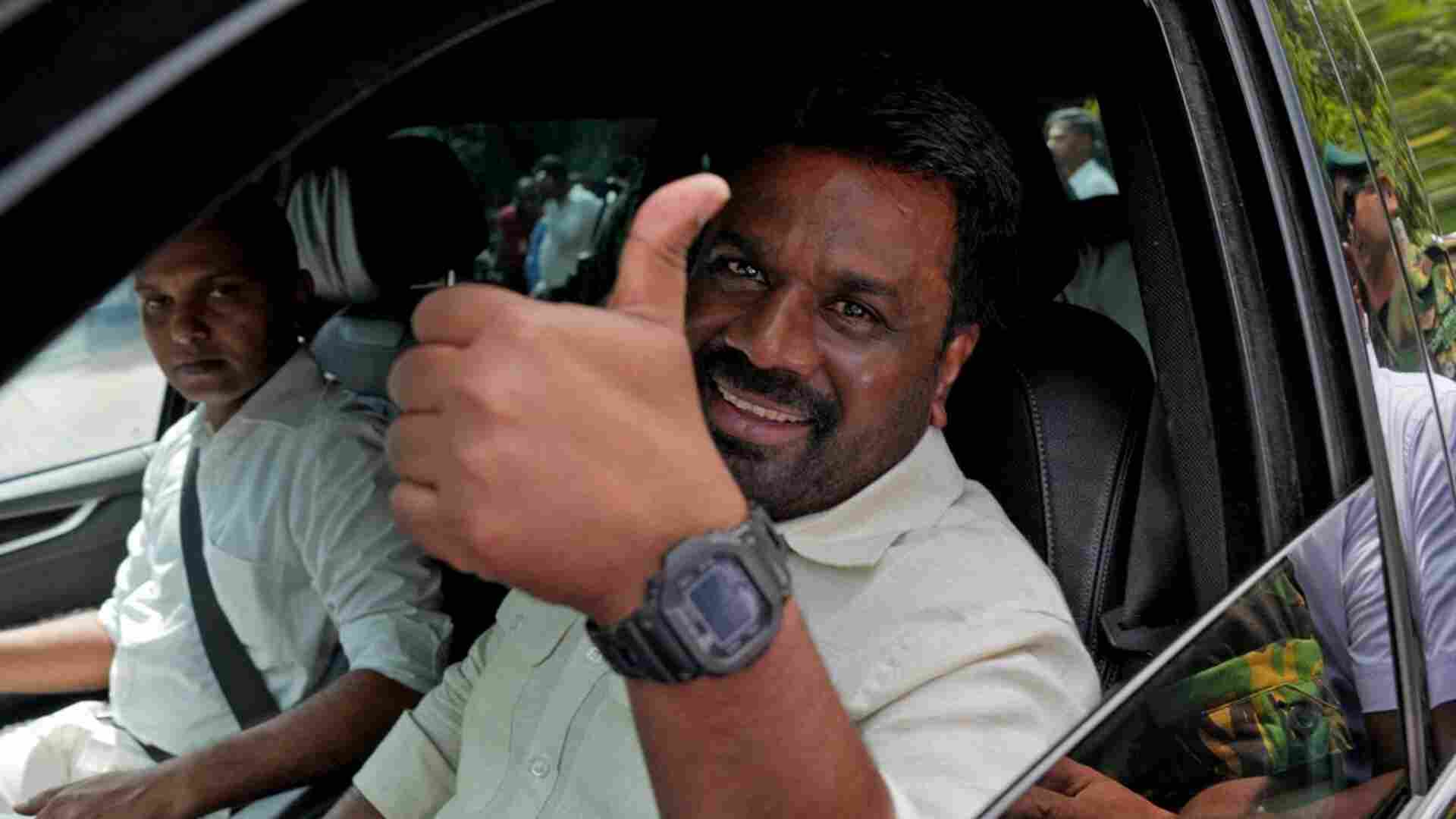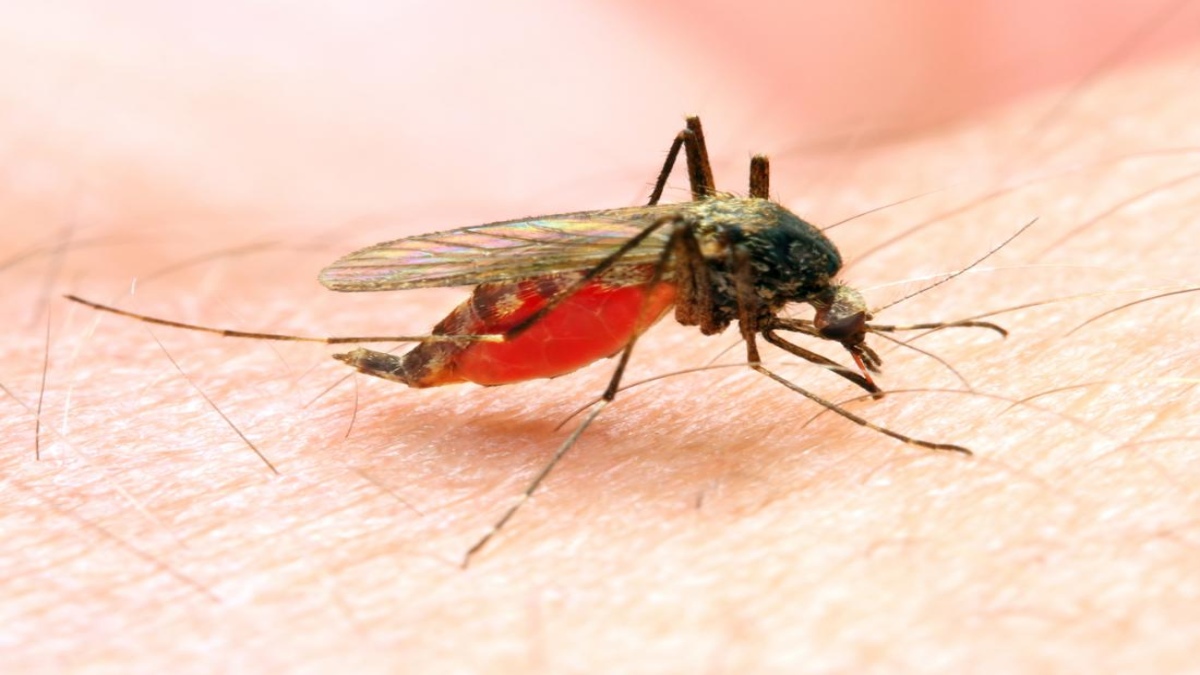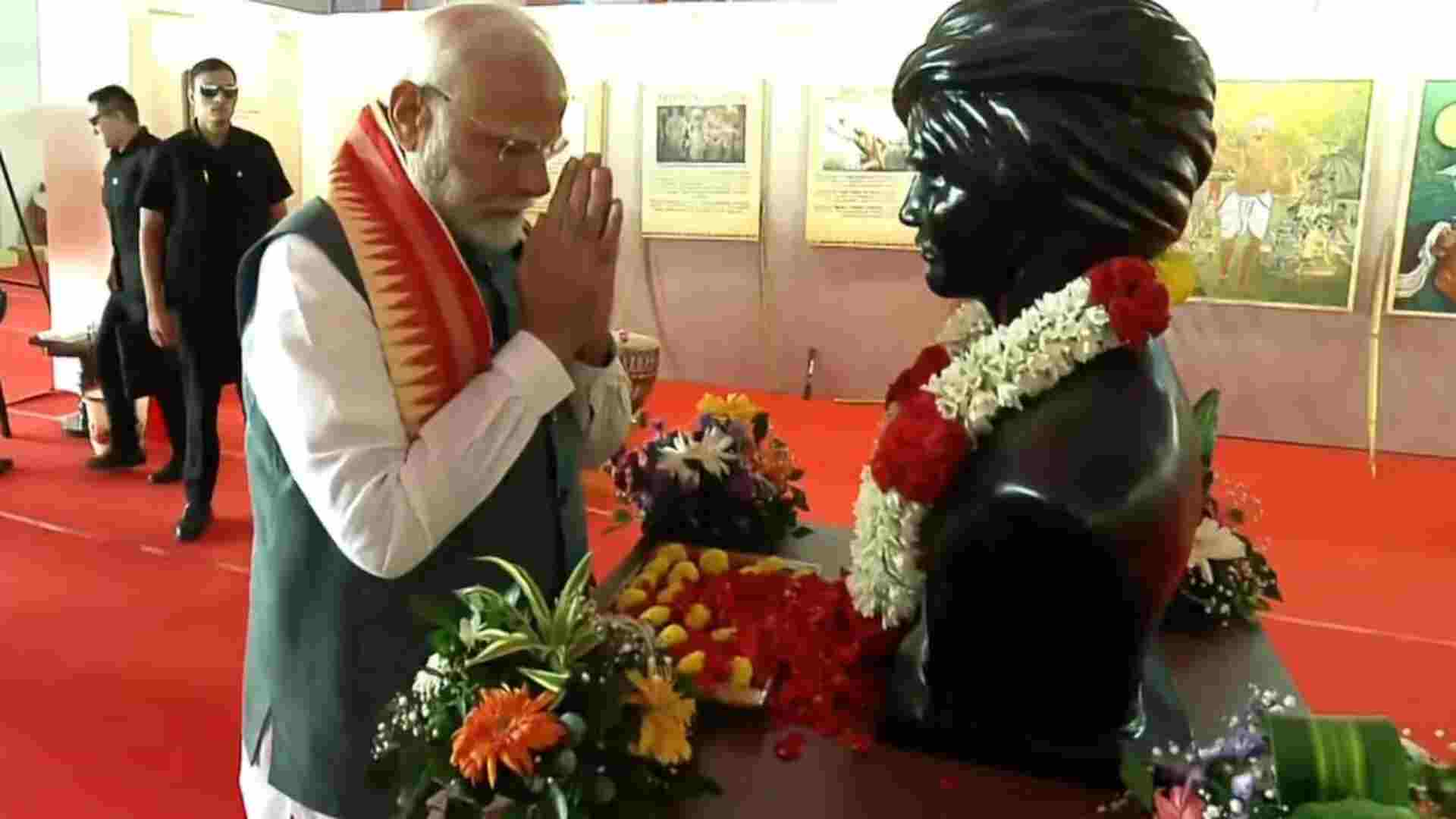
n a pioneering move, Maharashtra is poised to become the first state to institute specific policy provisions and action plans for five vulnerable categories of children. The Maharashtra State Policy and Action Plan for Children, 2023 draft recommend free primary health care services, marking a significant step towards holistic child welfare.
The identified vulnerable categories include children from backward and minority communities, the urban poor, those affected by migration and disabilities, and transgender and gender non-conforming (TGNC) children. The draft policy also addresses the impact of climate change on children, proposing child-centric policies and action plans for disaster management and climate change adaptation.
Structured around four thematic areas—health, nutrition, and wellbeing; education and development; child protection; and child participation—the policy advocates for universal, free, and comprehensive primary health care services covering reproductive, maternal, child, and adolescent health. It further emphasizes the need for universal and equitable access to quality education for all children.
For children from Scheduled Castes (SC), Scheduled Tribes (ST), Nomadic Tribes/Denotified Tribes (NT/DNT), and minority communities, the draft suggests steps to eradicate discrimination based on gender, religion, caste, and economic and social background. Measures include preventing and protecting children from all forms of violence, fostering interaction among children from diverse backgrounds, ensuring a strong social security system, and providing basic amenities and programmatic services.
Specifically addressing children with disabilities (CWDs), the policy recommends support and rehabilitation until adulthood, ensuring food security, fulfilling special nutritional needs, and creating an inclusive educational environment. Urban poor communities are targeted with proposals for child-friendly cities, child care services, free and quality education, safety for homeless children, and the formation of child protection committees at the ward level.
In the context of migrant families, the policy aims to simplify identity documents for migrating children, ensure food security through access to the public distribution system (PDS) at destination sites, and provide quality reproductive and regular health services for migrant girls and women. TGNC children are prioritized with the provision of quality physical and mental health services, violence prevention mechanisms, and efforts to sensitize families, neighborhoods, and communities to prevent discrimination.
The draft policy also emphasizes adopting an integrated, multi-sectoral, community-focused, and child-centric approach to disaster management and climate change adaptation. It underscores the need for active measures to reduce all forms of pollution.
The proposed child policy represents a substantial update since Maharashtra’s previous version in 2014. With legal and policy developments at the national and international levels, the new policy aims to address contemporary challenges and commitments. Currently in the discussion stage, it is expected to be presented in the upcoming winter session of the state legislature.














